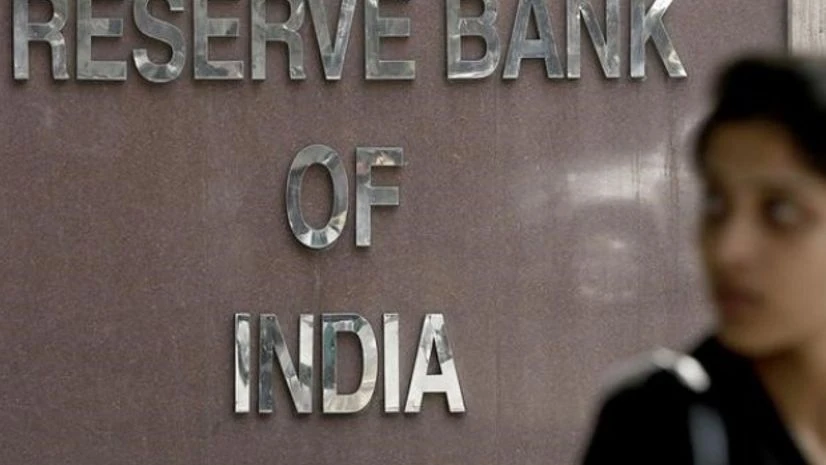The Reserve Bank is examining limiting a customer's liability in banking frauds and will soon put in place a framework for the same, Deputy Governor S S Mundra said Monday.
"RBI is already examining whether to issue regulatory direction with regard to limiting the liability of customers on fraudulent transactions arising out of frauds and electronic banking transactions," Mundra said at an event organised by the Banking Codes and Standards Board of India (BCSBI) in Mumbai.
The objective is to plan, evolve, prepare, develop, promote and publish comprehensive codes and standards for banks and providing fair treatment to customers.
More From This Section
The discussion, according to the deputy governor, centred on fixing the limit is on and a framework will be announced soon.
"We are discussing this and once we finalise, the limit will be announced. We expect to finalise it very shortly," he later told reporters.
Mundra said that with the increase in online transactions, there has been a rise in complaints related to electronic banking transactions, unauthorised fund transfers, fraudulent withdrawals from ATMs using duplicate cards and phising e-mails, among others.
"It is imperative to have a robust mechanism to prevent incidents of frauds in mobile Net banking and the electronic fund transfer so as to retain customers' confidence in these delivery channels," he said.
The deputy governor highlighted benefits of such channels from the banks' perspective faced with the challenge of competition and the need to improve customer base.
But at the same time, raising customer awareness for safe usage of these channels should be an important item on the agenda of the banks, he emphasised.
"If customers don't get confidence in the channels and decide to abstain from them, then it can have only two outcome - either customer would migrate or customer would come back to the traditional channel which would mean higher operating cost for the banking system," he reasoned.
RBI is also concerned about the mis-selling of products by banks.
"There has been an increasingly large number of cases of mis-selling of third-party products to customers by the banks, particularly insurance products, including bundling of third-party products with loans," he said.

)
